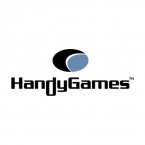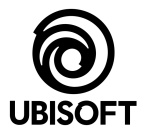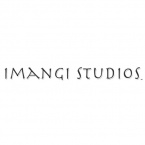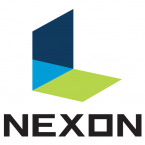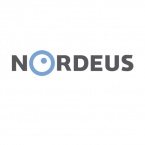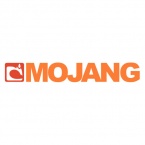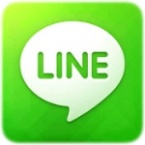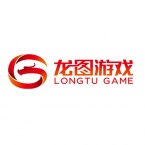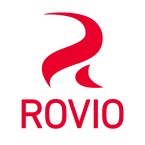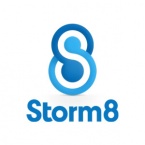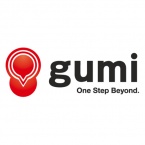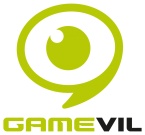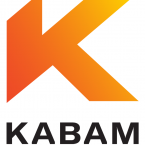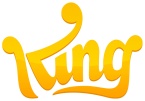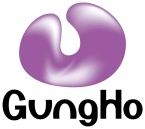Welcome to PocketGamer.biz's Top 50 developer list for 2015, which is sponsored by mobile advertising platform Supersonic and developer, publisher and tools company Chukong Technologies.
Now in its sixth year, it's becoming harder to recall those days when the iPhone 3GS was the only serious gaming device available.
Clearly, there have been a lot of changes since then; something the list reflects in both obvious and more subtle ways.
For example, our list is now truly global, demonstrating you can find world-beating mobile game developers everywhere from Helsinki, Tokyo, San Francisco, London, Seoul and Shanghai to less well known cities like Karlsruhe and Aarhus.
We're everywhere
A more subtle change is the maturing of the market.
With mobile game revenues in 2014 estimated to be $25 billion, it's clear that the early days of high growth are over. Instead, in future, developers will be competing for slices of a relatively fixed pie.
And much of that pie is already claimed by companies with annual sales of more than $1 billion.

That's not to say that new games and new entrants can't shake up the system, however. As demonstrated in Japan and China, radical change is always possible.
Nevertheless, in this year's list, we're focused less on headline financials, and more of the quality of games; something that in future will only become a more important part of exciting the mobile gamer.
And, after all, that should be the starting point for every game.
Click here to view the list »



